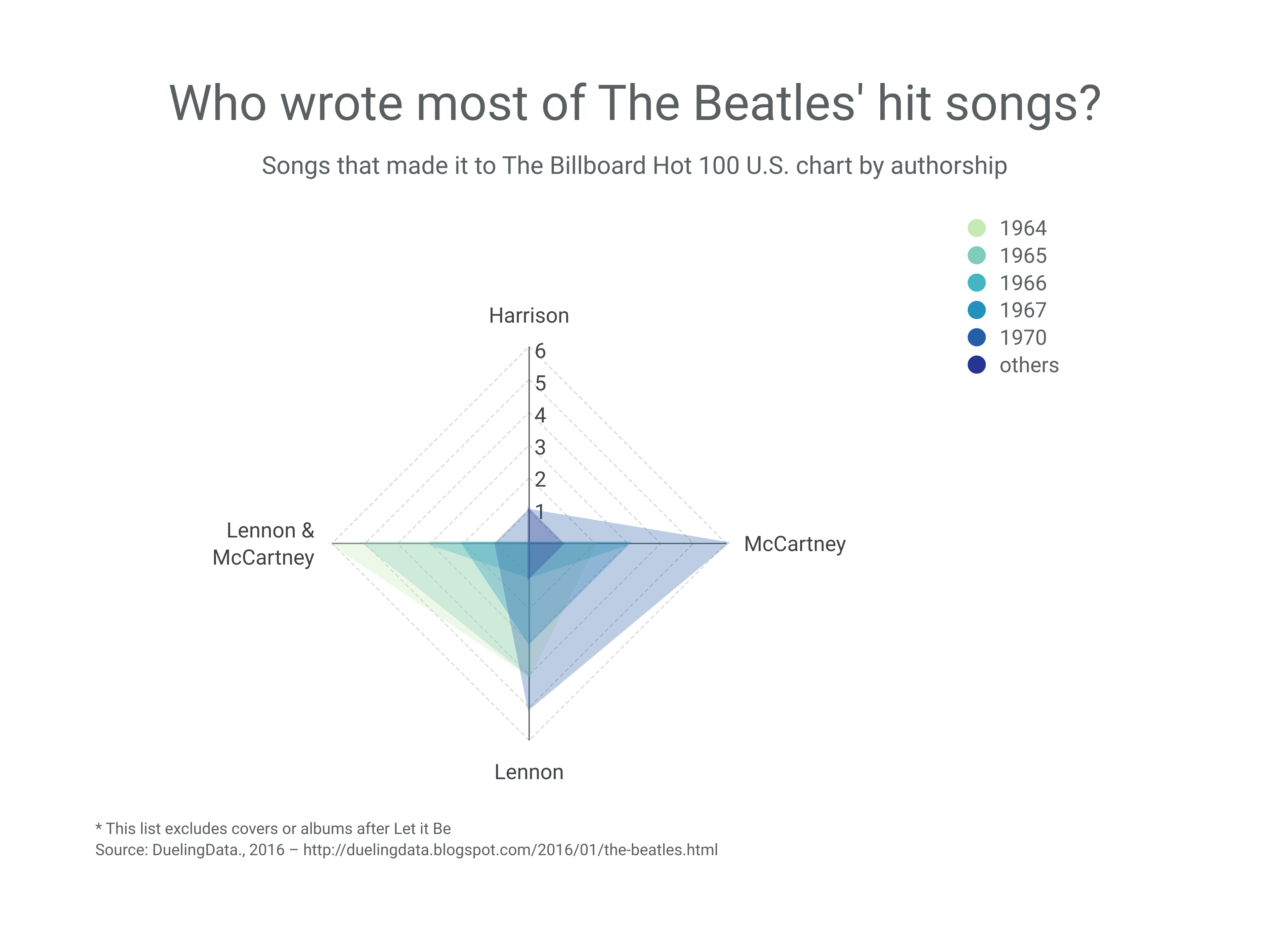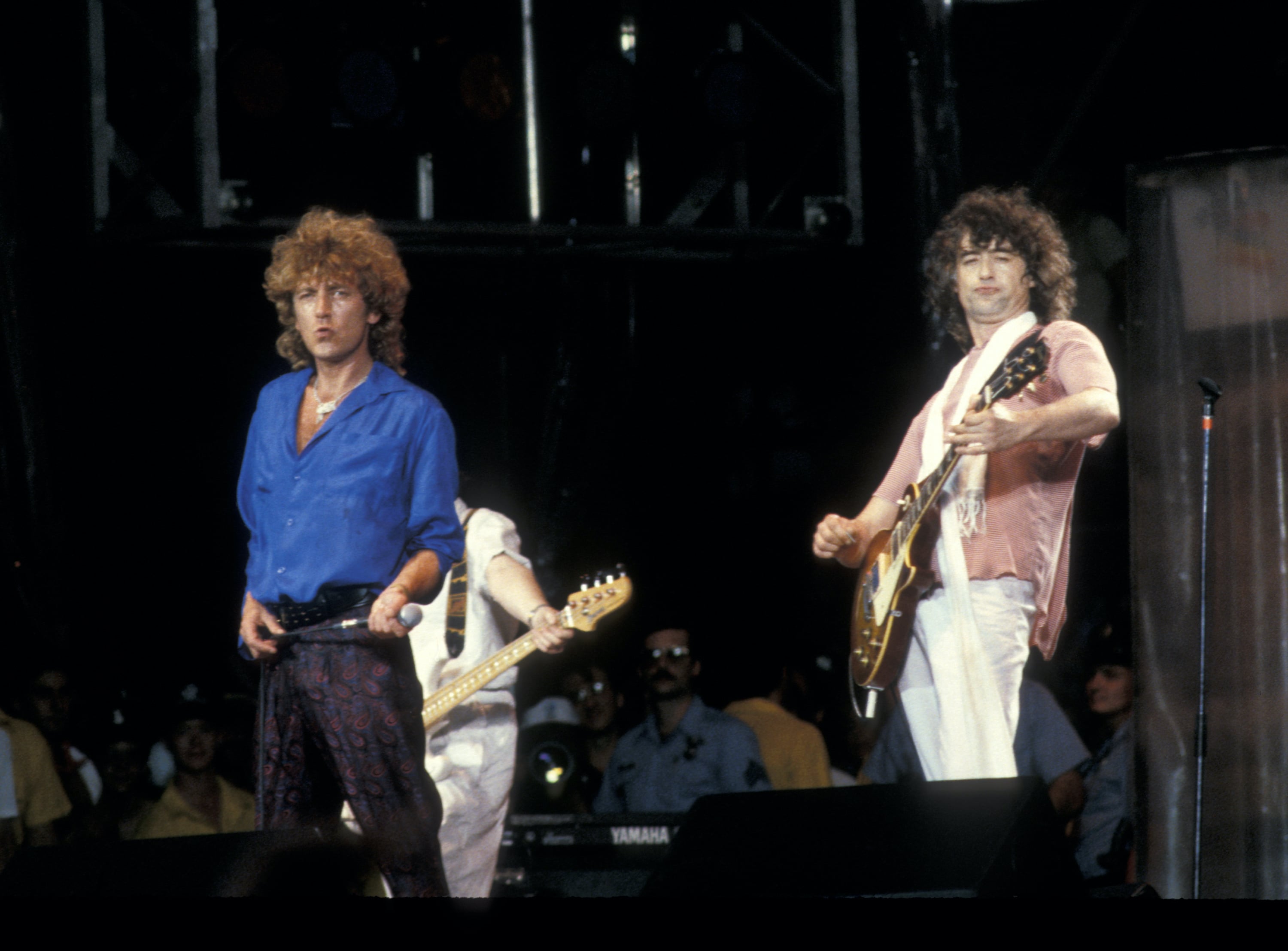Who Wrote The Most Hit Songs In History? Unpacking The Act Of Creation
Have you ever stopped to wonder about the creative minds behind the tunes that get stuck in your head, the ones that just seem to play on repeat in your thoughts? It's a question that, in a way, often pops up: who exactly penned all those chart-toppers? The idea of someone having a hand in so many popular pieces of music is, you know, quite fascinating to think about.
When we talk about someone "writing" something, it means they formed characters or symbols on a surface, perhaps with a pen, or they expressed something in written form. That is what "wrote" means, a simple past tense of "to write." It's about a completed action, something someone did in the past. So, when a song becomes a hit, it means someone, at some point, actually "wrote" it down, gave it shape, gave it form.
This act of creation, of bringing something new into being, extends far beyond just words on a page. Think about someone like Michael Douglas, for instance. He has, in a sense, "wrote" a significant career for himself in the world of film. His work, his presence on screen, his decisions as a producer, all of that forms a kind of story, a legacy that he, more or less, put together through his actions. It’s a different kind of writing, but it’s writing nonetheless, a shaping of something notable.
Table of Contents
- The Meaning of "Wrote": A Foundation
- Michael Douglas: A Life "Written" in Film
- The Silent Craft: Who "Wrote" the Songs?
- Understanding "Wrote" in Context: FAQs
- The Enduring Legacy of Creative "Writing"
The Meaning of "Wrote": A Foundation
To truly understand the question of who "wrote" the most hit songs, it's pretty important to first grasp what the word "wrote" truly means. As a matter of fact, "wrote" is the simple past tense of the verb "to write." It signifies an action completed in the past. When someone "wrote" something, they finished the act of putting down words, or symbols, or perhaps even musical notes. It's a finished piece of work, a completed thought, or a message that has been put into a tangible form.
The meaning of "wrote" is to form characters or symbols on a surface, perhaps with an instrument like a pen. You might say, for example, "she wrote a letter yesterday," which tells us that the action of creating that letter is now done. The letters they "wrote" to each other were, you know, so loving. This past tense tells us about an action that someone completed in the past. It's the simple past tense of "to write," and it describes something that happened and is now finished. It’s not about the ongoing process, but the finished product, in a way.
So, when we consider a song, someone had to actually "write" it. They had to trace or form the characters, the notes, the words, perhaps on paper, with a pen or some other means. It's about expressing or communicating something in writing. That is where you'll find the finished piece. "Wrote" is correct when we use it to talk about "writing" in the past. It’s the simple past tense of the verb "to write." This word, you know, captures the moment of creation, the point when an idea transforms into a fixed form. It's the moment the composition becomes real.
Michael Douglas: A Life "Written" in Film
While the focus is often on those who "wrote" musical hits, it's interesting to consider how the idea of "writing" can apply to other forms of creative output, too. Michael Kirk Douglas, for example, has, in a very real sense, "wrote" a remarkable career for himself in the film industry. His work as an American actor and film producer showcases a prolific output, much like someone who might have "wrote" many books or articles. He has, you know, shaped his professional story through his numerous projects and memorable performances.
He "wrote" prolifically, publishing his ideas, in a way, through the films he chose and the roles he embodied. His career is a collection of expressions, of communications, presented to the public. He's received numerous accolades, including two Academy Awards and five Golden Globe Awards, which are, you know, testaments to the impact of his work. Michael Douglas is best known for his roles in films like 'Wall Street,' 'Fatal Attraction,' 'Wonder Boys,' and 'Behind the Candelabra.' His contributions have, basically, formed a significant part of cinematic history, a story he helped "write" with each project.
Currently, Michael Douglas is enjoying his time away from Hollywood. During a press conference at the Karlovy Vary International Film Festival, the Wall Street actor, who is 80, explained why he has "no real intentions" of returning to acting. This decision, in a sense, also "writes" a new chapter in his life, a choice to step back from the active shaping of his professional narrative. His journey, from prolific actor to a more relaxed pace, is, you know, a continuous act of "writing" his own personal story.
Personal Details and Biography
| Detail | Information |
|---|---|
| Full Name | Michael Kirk Douglas |
| Born | September 25, 1944 |
| Profession | American actor and film producer |
| Accolades | Two Academy Awards, five Golden Globe Awards |
| Notable Roles | 'Wall Street,' 'Fatal Attraction,' 'Wonder Boys,' 'Behind the Candelabra' |
| Current Status | Retired from acting, enjoying time away from Hollywood |
| Recent Public Statement | No real intentions of returning to acting (as of July 5, 2024, Karlovy Vary International Film Festival) |
The Silent Craft: Who "Wrote" the Songs?
Now, let's get back to the heart of the original question: "Who wrote the most hit songs in history?" It's a compelling thought, really, trying to pinpoint the single individual or group responsible for the largest collection of popular tunes. The act of "writing" a song involves creating its melody, its lyrics, its structure—all the elements that make it a piece of music. Someone, at some point, had to sit down and, in a very real sense, form those musical characters, those lyrical phrases, perhaps on paper or in a digital format. They expressed or communicated their musical ideas in a way that could be shared and performed. That is where the song begins its life.
The term "wrote" describes an action that someone completed in the past. So, when we talk about a hit song, it means someone finished the creative process of putting that song together. It's the simple past tense of "to write," confirming that the song was indeed created and made ready. The letters, or rather, the notes and words, they "wrote" for these songs were so impactful, so memorable, that they resonated with countless listeners. This process, you know, is a silent craft, often happening behind the scenes, away from the spotlight that shines on the performers.
While we can't, based on the information provided, name specific individuals who have "wrote" the absolute most hit songs, we can appreciate the concept of the songwriter. These are the people who, through their creative efforts, "wrote" the foundations of popular music. They are the ones who traced or formed the melodies and lyrics, often with a pen and paper, or some other instrument or means, giving life to the tunes we love. It's about the completed action of creating the song itself, the moment it takes shape and becomes a finished piece. This creative effort is what allows a song to become a "hit," a piece that, you know, captures the public's attention and stays with them for a good long while.
The idea of a prolific songwriter is someone who has, more or less, repeatedly engaged in this act of "writing" successful songs. They have, in a way, expressed and communicated their musical genius time and time again. Each hit song represents a completed act of "writing," a moment when a musical idea was formed and brought into existence. It's a continuous process of forming new characters, new sounds, new messages, all brought to life through the fundamental act of "writing." So, the answer to "who wrote the most" really points to those who have, you know, consistently performed this creative act, producing a vast body of work that has connected with many people.
Understanding "Wrote" in Context: FAQs
Sometimes, the simple past tense of a verb can carry a lot of meaning, and "wrote" is a good example. Let's look at some common questions that help clarify its usage, especially when thinking about creative endeavors.
What does "wrote" mean in simple terms?
Basically, "wrote" is the past tense of "write." It means someone completed the action of putting down words, letters, or symbols, perhaps on paper, with a pen. For example, if you say "I wrote a poem," it means you finished creating that poem in a written form. It's about a completed action in the past, a piece of communication that has been formed and made ready.
Can "wrote" be used to describe someone's career path?
In a metaphorical sense, yes, it can. While "wrote" literally means forming characters, we often use it to describe how someone shaped their life or career. For instance, we could say Michael Douglas "wrote" his own impressive career through his choices and work, meaning he actively created and shaped his professional journey. It's a way of talking about someone's significant, completed contributions over time, almost like creating a story of their life through their actions.
Is "wrote" always about putting words on paper?
Not always, no. While its primary meaning relates to forming characters on a surface, "wrote" can also extend to other forms of expression or creation. When someone "wrote" a song, for example, they formed the musical notes and lyrics, which might not always start on paper but certainly involves a structured creation. It's about expressing or communicating an idea into a fixed, complete form, whether it's a letter, a book, or a musical composition. It's the act of bringing something into being through a structured, completed effort.
The Enduring Legacy of Creative "Writing"
The question of "who wrote the most hit songs in history" really opens up a broader conversation about the act of creation itself. Whether it's the specific act of forming words on a page, like in a book or a letter, or the more expansive idea of shaping a life's work, like Michael Douglas's film career, the concept of "wrote" speaks to something fundamental. It points to a completed action, a finished piece, a contribution that has been made and now exists. This enduring legacy is, you know, what truly matters.
The power of someone having "wrote" something lies in its ability to connect, to entertain, to inform, and to last. From the letters that people "wrote" to each other, filled with loving messages, to the vast body of work produced by someone prolific in their field, the act of "writing" leaves a mark. It's a testament to human ingenuity and the desire to express. So, while the exact tally of hit songs by a single individual might remain a complex count, the sheer impact of those who "wrote" them is, you know, undeniable. It’s a pretty powerful thing, this act of creating.
Learn more about writing on our site, and check out more details about creative expression. For a broader understanding of the English language, you can explore resources like the Oxford Advanced Learner's Dictionary.

Who wrote most of The Beatles' hit songs? (Radar Chart example) — Vizzlo

Who wrote the most Beatles songs?

Led Zeppelin's Biggest Hit Songs